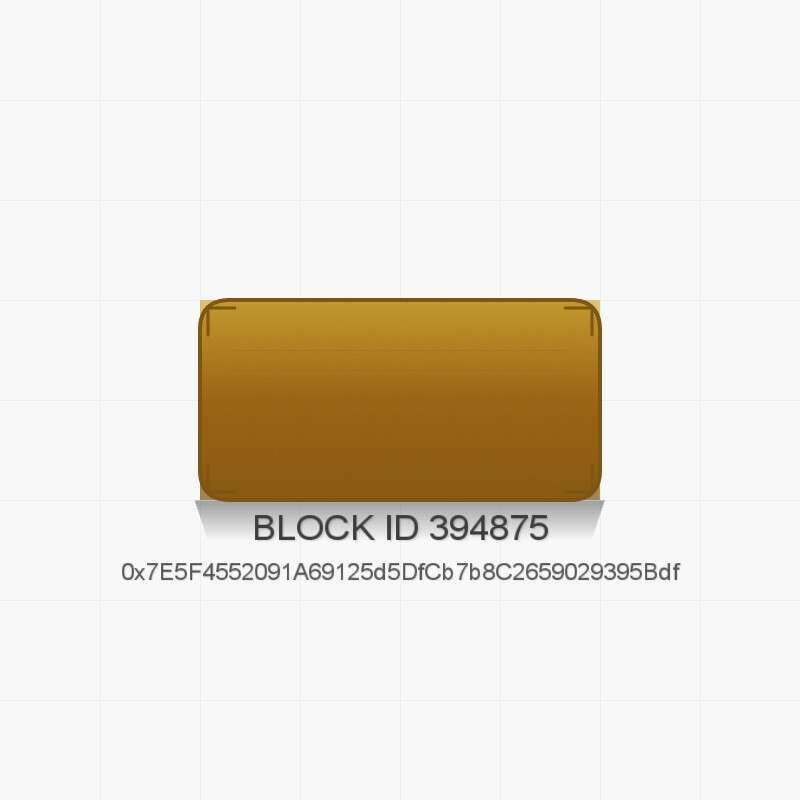The pharmaceutical industry is set to undergo strong transformation, driven by the convergence of digital (Data that constitutes the drugs journey) and physical (drugs) ecosystems. At the heart of this evolution lies the critical role of data, which defines value in an era where information underpins innovation, compliance, and patient outcomes.
Two distinct categories of technology are fueling this shift:
Two distinct categories of technology are fueling this shift:
- Advancements like artificial intelligence (AI), semantic AI, and data analytics, which are revolutionizing the drug development pipeline;
- supporting new technologies such as blockchain, knowledge graphs, and advanced databases, which enhance data management and security.
Globally, nations are racing to adopt electronic health databases, raising concerns about cybersecurity and data integrity. In response, many pharmaceutical companies are turning to blockchain to ensure data provenance and protect against cyberattacks. Germany’s VFA, for instance, has outlined a blockchain strategy to enable secure digital health solutions.
This reflects a broader trend: value in the pharma and toxicology sectors increasingly hinges on data-driven evidence. From machine learning predictions to empirical modeling, the integrity of data inputs, aggregation, and provenance determines the reliability of outcomes submitted for regulatory approval. Yet, data compromise remains a persistent challenge in longitudinally preserved research and development (R&D) archives.
Regulatory frameworks aim to address these issues, though they vary by stakeholder. The U.S. Food and Drug Administration (FDA) mandates that data adhere to attributable, legible, contemporaneously recorded, original or a true copy, and accurate (ALCOA). Hospitals, meanwhile, rely on Patient Demographic Data Quality Frameworks (PDDQ), while academia and the pharma industry champion the findable, Accessible, Interoperable, and Reusable (FAIR) principles to ensure data quality.
These standards underscore a shared goal: trustworthy data is the foundation of progress.
This reflects a broader trend: value in the pharma and toxicology sectors increasingly hinges on data-driven evidence. From machine learning predictions to empirical modeling, the integrity of data inputs, aggregation, and provenance determines the reliability of outcomes submitted for regulatory approval. Yet, data compromise remains a persistent challenge in longitudinally preserved research and development (R&D) archives.
Regulatory frameworks aim to address these issues, though they vary by stakeholder. The U.S. Food and Drug Administration (FDA) mandates that data adhere to attributable, legible, contemporaneously recorded, original or a true copy, and accurate (ALCOA). Hospitals, meanwhile, rely on Patient Demographic Data Quality Frameworks (PDDQ), while academia and the pharma industry champion the findable, Accessible, Interoperable, and Reusable (FAIR) principles to ensure data quality.
These standards underscore a shared goal: trustworthy data is the foundation of progress.
The complexity of pharmaceutical data is escalating with the rise of cell and gene therapies. These personalized treatments depend on datasets rich with patient genomics, manufacturing processes, and long-term outcomes. Robust, streamlined data validation is essential to ensure compliance and deliver successful therapies. Furthermore, a trusted housing of such dataset is valuable for digital solutions to intersect and thrive to make meaning of the scientific information which until now is strongly divided in Silos of approaches which adhere to the data.
Similarly, decentralized clinical trials-powered by wearable devices, telemedicine, and home-based care introduce diverse, real-time data streams from multiple sources. These trials demand rigorous validation to maintain quality and consistency, where integration with the cell-based genomic data can led to a wealth of data on which digital solutions can further strengthen the scietific understanding of biology to head for Personalized Medicine.
Similarly, decentralized clinical trials-powered by wearable devices, telemedicine, and home-based care introduce diverse, real-time data streams from multiple sources. These trials demand rigorous validation to maintain quality and consistency, where integration with the cell-based genomic data can led to a wealth of data on which digital solutions can further strengthen the scietific understanding of biology to head for Personalized Medicine.
In this regards, the industry must embrace a Trusted Evidence Framework, incorporating tamper-proof traceability through semantic checkpoints (e.g., metadata and regulatory consensus), data provenance verification (e.g., integrity and authorship tracking), application security (e.g., untampered code), and infrastructure safeguards (e.g., secure storage and machine-state integrity).
This evolving notion of value mirrors a broader philosophical question, illustrated by the juxtaposition of a gold bar and a blockchain contract address (source: Jack Butcher). The gold bar embodies traditional worth-physical, scarce, and validated by centralized authorities through its markings of weight, purity, and origin. In contrast, the blockchain address, tied to an NFT token, represents a digital paradigm where value derives from programmable rules and decentralized trust. Together, they challenge us to reconsider how worth is constructed: Is it inherent in the object itself, or shaped by the systems that authenticate it?
For the pharmaceutical industry, the answer lies in harnessing data as both a tangible asset and a validated resource-bridging the physical and digital to redefine value in a data-driven future.
For the pharmaceutical industry, the answer lies in harnessing data as both a tangible asset and a validated resource-bridging the physical and digital to redefine value in a data-driven future.
